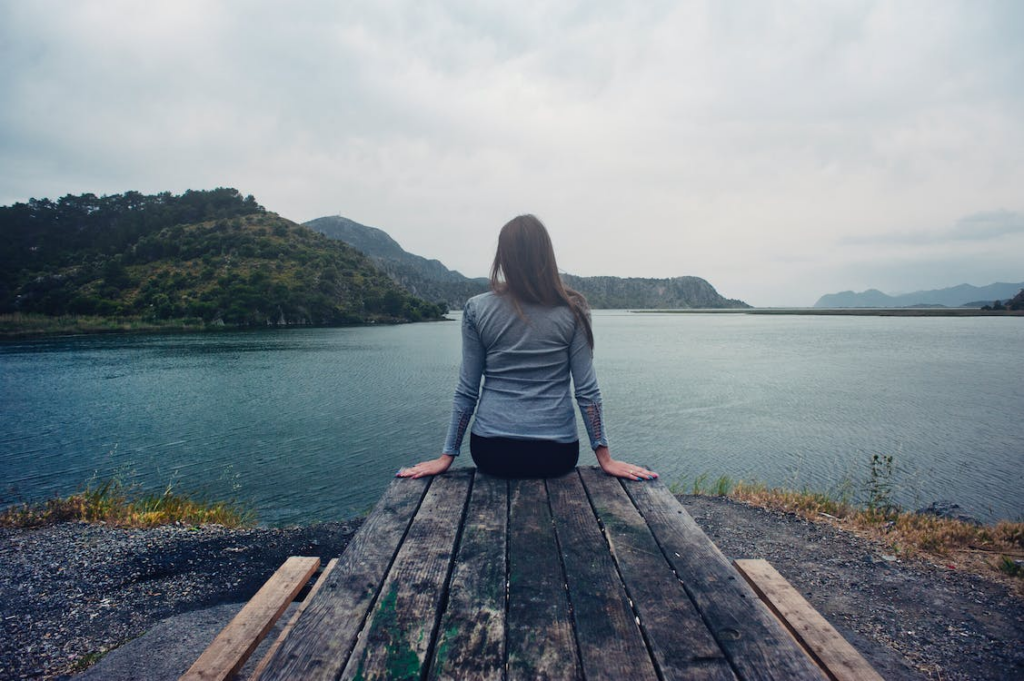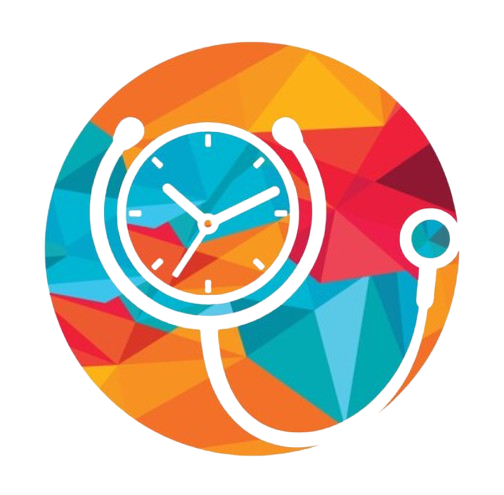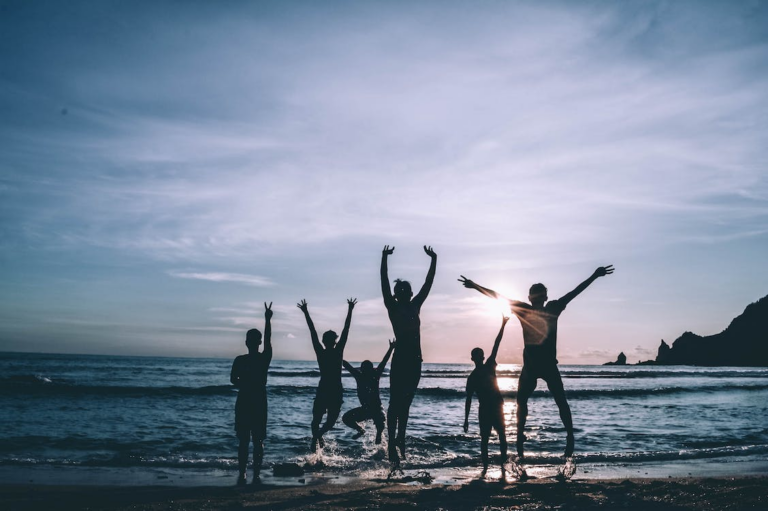Science Says That More Leisure Time Does Not Equate to Improved Well-Being

There are thousands of books, apps, and articles on time management, productivity, and life hacks that are designed to save us precious minutes in our busy day. Time is a finite resource, and we strive to increase efficiency on necessary tasks to have more opportunities for leisure.
We assume that having more free time will make us happier and improve our life satisfaction, but science says it is not that simple.
How Much Free Time Do We Need?
Research has found that more free time does not always equate to increased happiness. From zero to two hours of leisure time (time to do any activity of your choosing including exercise, spending time with friends, reading a book, watching TV), our well-being increases. It remains fairly steady from two to five hours, but the impact of this time on our overall life satisfaction starts to decline after five hours.
The relationship between free time and well-being is a bell-shaped curve — there is a sweet spot for leisure.
The study’s authors, Sharif, Mogilner, & Hershfield (2021), state, “Whether young or old, working or unemployed, male or female, married or single, with children or without — most would benefit from having a moderate amount of discretionary time: not too little and not too much.”
A minimum of two hours of free time to disconnect from the demands of the day is an integral part of a healthy lifestyle. Just like a cranky toddler needs a nap, adults require time to relax, recharge, and regroup.
Occasionally, we will find ourselves with extended periods of leisure time, such as weekends or vacations, and the use of this time determines how beneficial it is to our well-being.
People who spend 5+ hours of free time engaged in solo or unproductive pursuits (this is defined differently for each individual but it could be mindlessly watching TV, scrolling social media, losing time on video games) feel less satisfied overall with their life.
On the other hand, individuals who spend free time in social or productive pursuits (doing something with other people and/or engaged in goal-directed activities) do not experience decreased well-being as they move beyond the five-hour mark.
It is not only the amount of free time that we have but how we spend it, and with whom, that determines its benefit.
Should We Structure Leisure Time?
Given that large chunks of leisure time are most beneficial when used in meaningful ways, should we schedule our free time?
Research says both yes and no. One study found that scheduling leisure activities (coffee dates, movies, etc.) decreased the excitement and joy of the experience by making it feel more like a task to check off a to-do list.
However, this same study found that “roughly” scheduling leisure events did not detract from the joy of the activity. For example, making a weekend plan to see a movie instead of scheduling it for 7:00 on Friday night.
Since the pandemic, many of us have had to do more scheduling of leisure time. If we want to go to the zoo, a museum, or a restaurant, we need to schedule days, or weeks, in advance due to limited occupancy.
So, how do we make the best use of free time without robbing ourselves of the inherent benefits of spontaneity and free-flowing fun? One solution is anchor points.
Drop Anchor
As Laura Vanderkam explains in her book, What the Most Successful People Do Before Breakfast, it is helpful to have “anchor points.” These are scheduled activities that guide our leisure time such as dinner with friends on Friday night or Saturday tickets to the zoo. They provide an anchor for the weekend, so it doesn’t get away from us.
How many times has a weekend flown by without you doing something worth talking about later?
You start watching TV or scrolling YouTube, and before you know it, most of the weekend is over, and your remaining time is spent on errands and laundry. You arrive to work on Monday and have nothing to show for the weekend.
Maybe you visualized an exciting weekend in your head, but due to Covid-19 restrictions, you needed to make advanced reservations which you did not do. Then, you wasted precious time thinking of alternate activities and ultimately decided to stay home and watch TV. Your lack of planning derailed the weekend.
The worst use of leisure time is wasting it.
To get the full benefit from blocks of free time, it is helpful to have a few scheduled activities, but also flexibility for naturally occurring, impromptu events.
Final Thoughts
Science says an ideal amount of free time is roughly between two and five hours a day. Any more or less and we experience a decrease in our life satisfaction unless we are spending this time in social activities or productive pursuits.
To maximize long stretches of discretionary time, schedule anchor events to provide some structure while still allowing for natural flow in the day. A satisfying life has a good balance between work, leisure, planning, and spontaneity. You can have it all!



